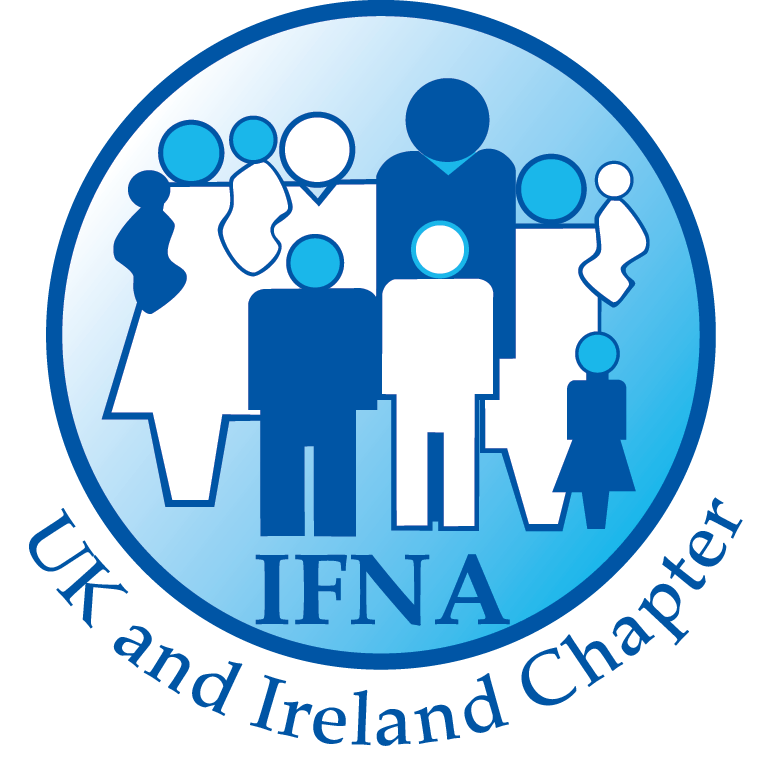The last time we had a February 29th, the world was rapidly facing up to a once-a-century collective threat. In the face of this shared catastrophe, there was always a risk of forgetting the needs of those with specific, particular and rare conditions, or combinations thereof. This Leap Day, with Covid-19 receding, though by no means gone, we owe it to ourselves as humanitarian practitioners to think all the more earnestly about how to support people with rare conditions.
However experienced or qualified we are, it is the foolhardy practitioner that thinks they know all they need to know. The human brain has a heuristic tendency – that’s not inherently a bad thing, there are plenty of times when cognitive shortcuts are useful, even lifesaving. The problem comes when our heuristics weld us into fixed thinking patterns and concrete expectations that stop us remaining reflexively open to the particular circumstances of the person in front of us. When working with someone with a rare condition, we should remember our professional and moral obligation to say to colleagues, superiors and the person themselves ‘what else do I need to know?’.
Interprofessional learning should be a mainstay of our professional activities and values. Many of us are working to strengthen interprofessional connections between the students of our respective disciplines, so that social workers, occupational therapists and physiotherapists, among many other examples, do not fall into the trap of seeing one another as working in another dimension. Thinking about rare diseases behoves us to not only see nursing or midwifery or operating department practise or whomever as a whole profession from whom we should learn; it should re-inspire us to seek out the experts and specialists from all disciplines who can provide the best information to support those with whom we work.
For the truly person-centered practitioner this should not be much of a leap. In practice I was a substances and alcohol worker. As a field of social work, it has a quasi-clinical component, but that did not mean I was ever a clinician. I had to learn about the most common ways that physical or psychological addiction, withdrawal, blood vessel damage, tissue damage and poly-use complications might occur, how stimulants were different from opioids, and how motivational interviewing, CBT or 12-step groups might work for any given client. That knowledge, even once acquired, didn’t mean that before or even after an initial assessment I understood all the particulars of how those things were experienced by, or might be useful for, that person – I needed to know more.
The same principle should apply to learning that a client has acoustic neuroma, Rasmussen encephalitis, variegate porphyria or heavy metal poisoning. We should always be open to adapting our approach and broadening our knowledge when working with people with rare diseases, but – flipping that sentiment around – we should also take the professional curiosity and openness to learning that their situations require and deserve as further inspiration to take that approach with everybody, all the time.
If you would like to contact Jack: jack3.nicholls@northumbria.ac.uk
